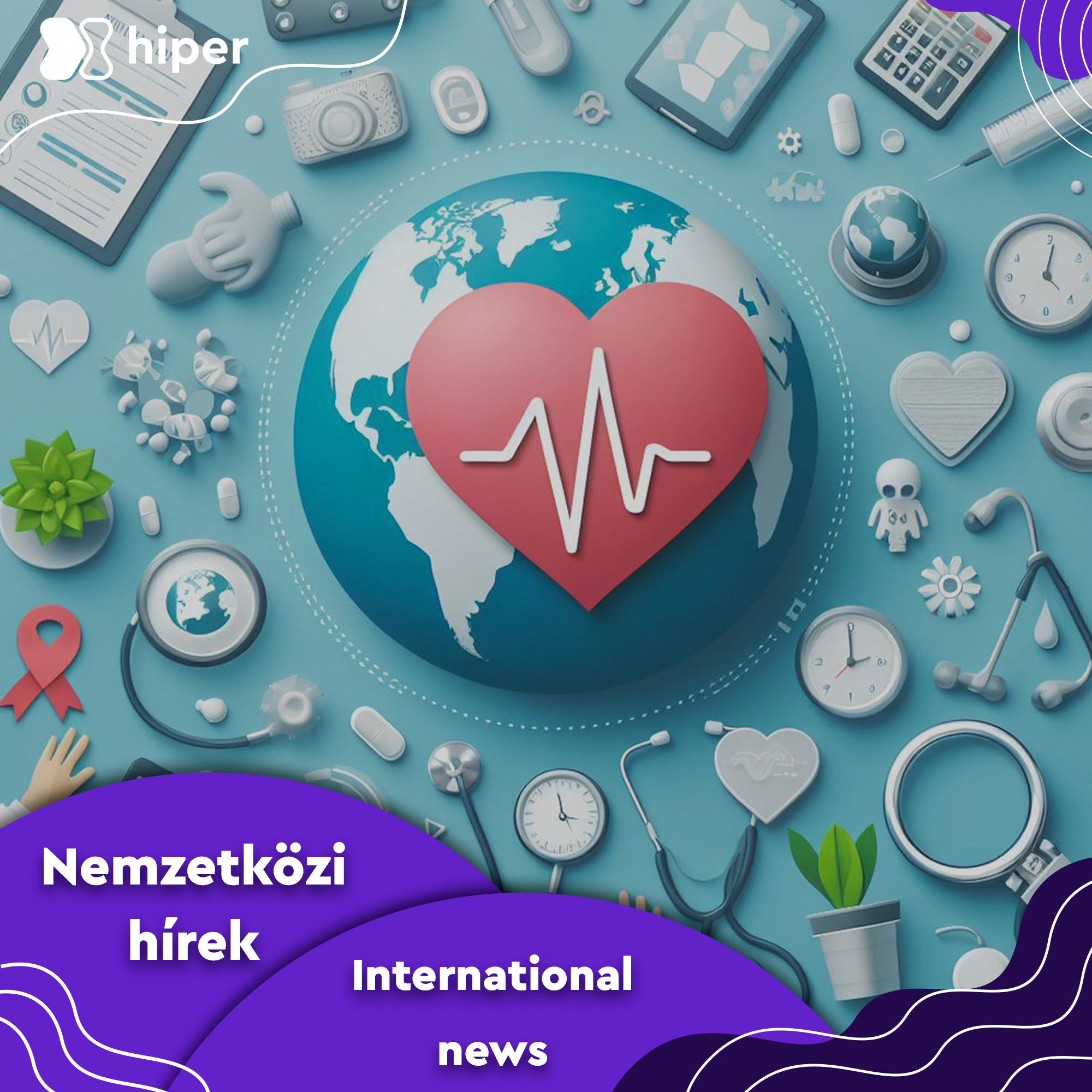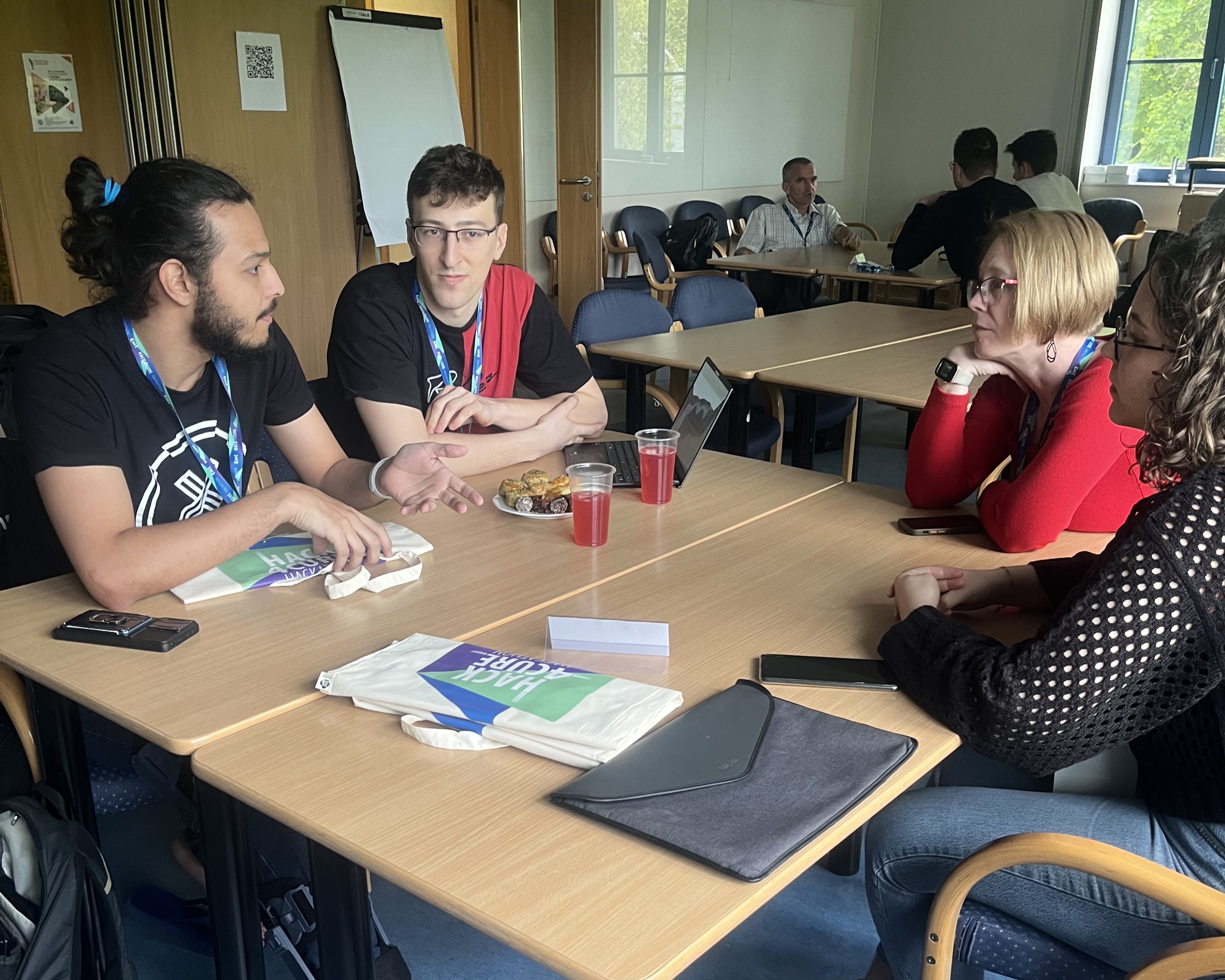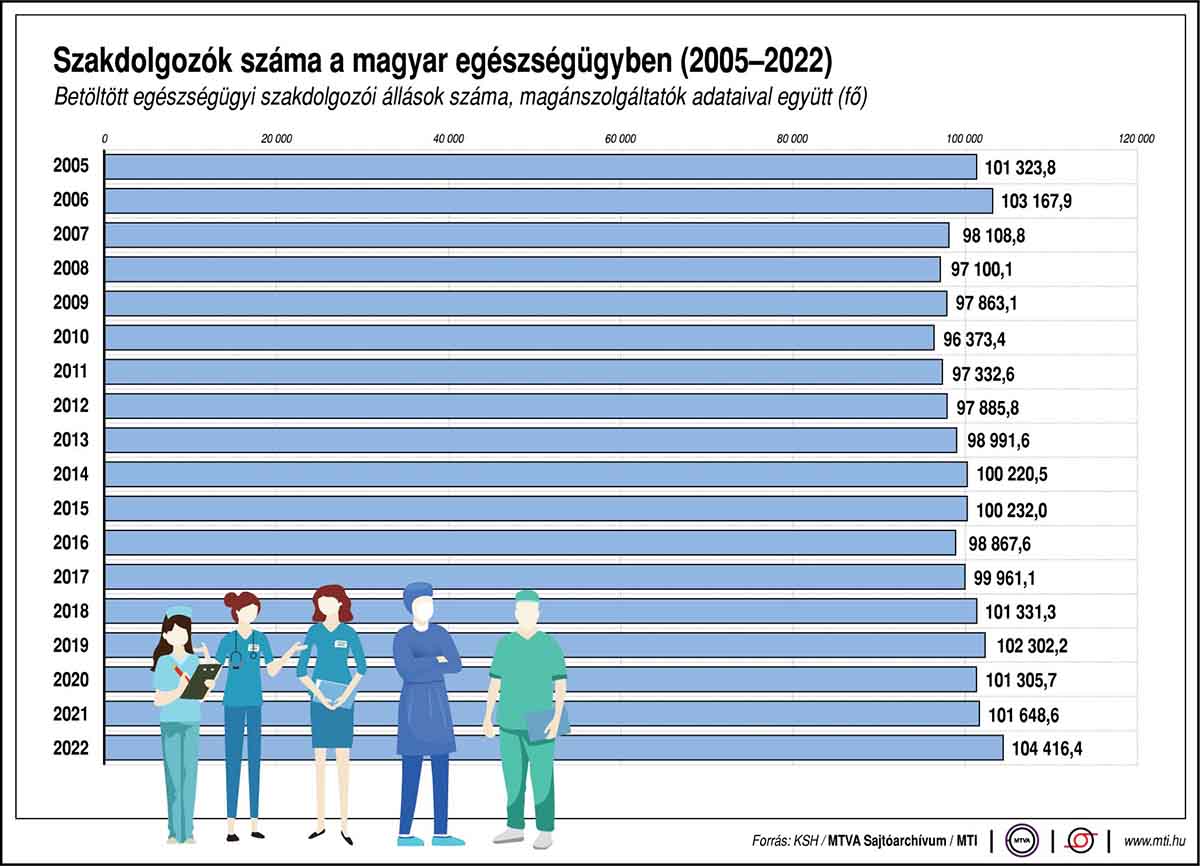International news 2024/08
Belföldi hírek, 30 Apr 2024
"The Chatbot Will See You Now": Medical Experts Debate the Rise of AI Healthcare- As demand for nurses rises, OHSU expands nursing program to Central Oregon- EU Policy. Letta report highlights need for stronger healthcare sector

7/1: The Chatbot Will See You Now: Medical Experts Debate the Rise of AI Healthcare
As artificial intelligence (AI)-powered chatbots become increasingly common in healthcare, questions about their effectiveness and reliability continue to spark debate.
The World Health Organization (WHO) has introduced an AI health assistant, but recent reports say it’s not always accurate. Experts say health chatbots could have a big impact on the healthcare business, but their varying levels of accuracy raise critical questions about their potential to support or undermine patient care.
7/2: RWJBH’s Institute for Nursing Excellence sets new standard for nurse education, professional development
RWJBarnabas Health’s Institute for Nursing Excellence is elevating education and professional development for its nurses. Through hands-on training, utilization of artificial intelligence and active simulations, RWJBarnabas Health nurses now have access to two state-of-the-art training facilities focused on supporting them in the nursing journey.
7/3: As demand for nurses rises, OHSU expands nursing program to Central Oregon
A partnership with OHSU, a community college and St. Charles Health System will train more nurses in Central Oregon
Oregon Health & Science University is expanding its program that prepares students for nursing careers on an accelerated schedule to Bend.
7/4: The “GDPR of patient data” is on its way
The European Union's recent regulation, finalised in late March, promises more effective control for patients over their health data. At the same time, it seeks to ensure adequate access for doctors and scientists in the digital age, where big data is essential for effective research.
7/5: Wolters Kluwer survey: Over two-thirds of U.S. physicians have changed their mind, now viewing GenAI as beneficial in healthcare
Forty percent ready to use GenAI this year at point of care but 89% of doctors need content source transparency for confident adoption.
A new Wolters Kluwer Health survey¹ released today finds that 40% of U.S. physicians are ready to use generative AI (GenAI) this year when interacting with patients at the point-of-care. The findings reflect a rapid acceptance of the new technology more broadly, with 68% saying they have changed their views over the last year, and are now more likely to think that GenAI would be beneficial to healthcare.
7/6: EU Policy. Letta report highlights need for stronger healthcare sector
Strengthening health resilience is one of the pillars of Enrico Letta’s report on the Single Market to be presented to EU leaders during the special European Council in Brussels today (18 April).
Letta stresses the need to leverage the Single Market to strengthen the healthcare sector and calls for the EU to take decisive action to foster integration and ensure sustainable access to healthcare for all citizens.
7/7: EU Policy. Commission approves superbug-busting antibiotic
The European Commission today (22 April) authorised a new antibiotic designed to counter anti-bacterial resistance, one of the biggest health threats the EU is currently facing.
Emblaveo, developed by Pfizer and approved today by the European Commission, can be used to treat complicated intra-abdominal and urinary tract infections, hospital-acquired pneumonia and infections caused by certain types of drug-resistant bacteria.



